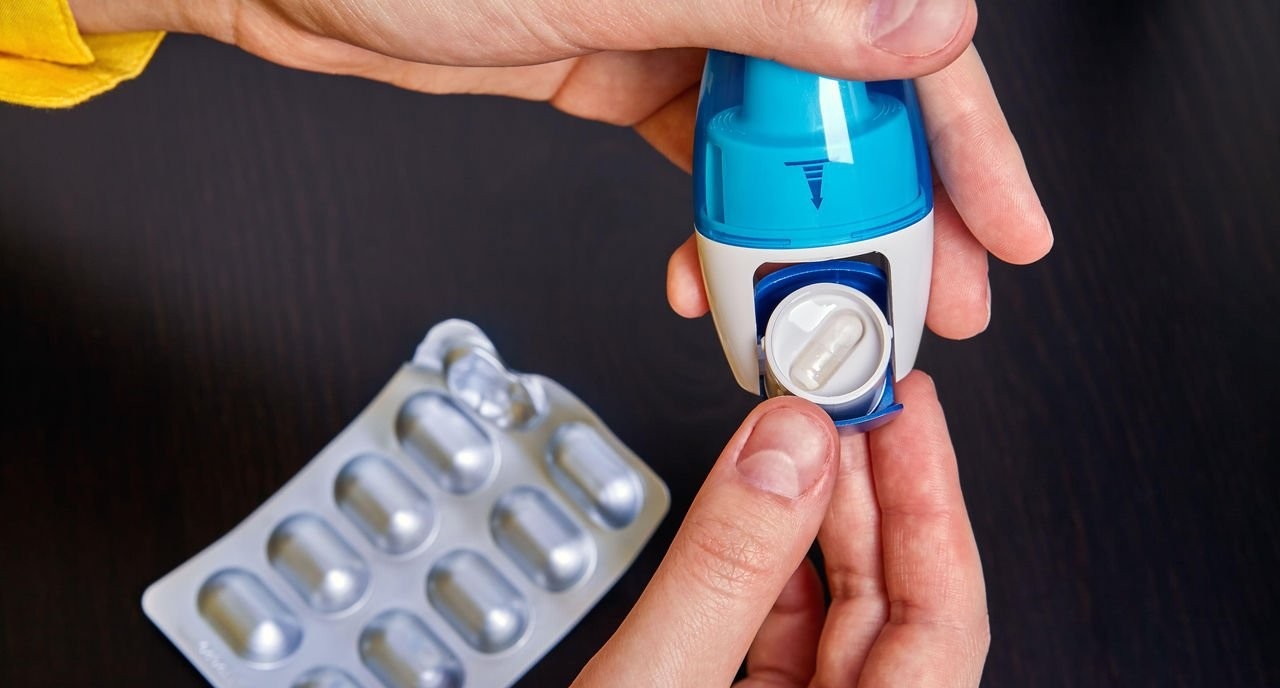COVID-19
Asthma drug blocks coronavirus from replicating, new IISc study suggests
Researchers at the IISc found that Montelukast, used to reduce inflammation caused by conditions like asthma, blocks SARS-CoV-2 from replicating.

A study by researchers from the Indian Institute of Science, Bengaluru has revealed that a drug used in the treatment of Asthma can reduce SARS-CoV-2, the virus that causes Covid-19, from replicating in human immune cells. Montelukast, used to reduce inflammation caused by conditions like asthma, hay fever and hives, has been found effective against Covid-19.
Approved by the US Food and Drug Administration (FDA), the drug, called montelukast, has been around for more than 20 years and is usually prescribed to reduce inflammation caused by conditions like asthma, hay fever and hives, the official release by IISC stated on Monday.
In the study published in eLife, the researchers show that the drug binds strongly to one end (‘C-terminal’) of a SARS-CoV-2 protein called Nsp1, which is one of the first viral proteins unleashed inside human cells. This protein can bind to ribosomes- the protein-making machinery- inside our immune cells and shut down the synthesis of vital proteins required by the immune system, thereby weakening it. Targeting Nsp1 could therefore reduce the damage inflicted by the virus.
The team of researchers first used computational modelling to screen more than 1,600 FDA-approved drugs in order to find the ones that bound strongly to Nsp1. From these, they were able to shortlist a dozen drugs including montelukast and saquinavir, an anti-HIV drug.
The team then cultured human cells in the lab that specifically produced Nsp1, treated them with montelukast and saquinavir separately, and found that only montelukast was able to rescue the inhibition of protein synthesis by Nsp1.
There were two aspects to consider- one affinity and the other stability. This means that the drug needed to not only bind to the viral protein strongly, but also stay bound for a sufficiently long time to prevent the protein from affecting the host cell. The anti-HIV drug (saquinavir) showed good affinity, but not good stability. Montelukast, on the other hand, was found to bind strongly and stably to Nsp1, allowing the host cells to resume normal protein synthesis.
The team of researchers then tested the effect of the drug on live viruses, in the Bio-Safety Level 3 (BSL-3) facility at the Centre for Infectious Disease Research (CIDR), IISc. They found that the drug was able to reduce viral numbers in infected cells in the culture.
The team plans to work with chemists to see if they can modify the structure of the drug to make it more potent against SARS-CoV-2. They are also planning to continue hunting for similar drugs with strong anti-viral activity.





































































































